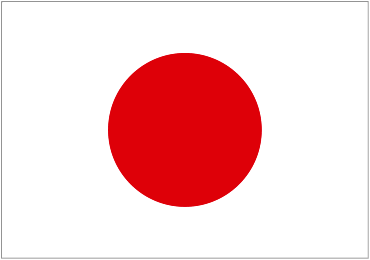
…when the night and day are equally divided, Buddha appears on earth for a week to save stray souls and lead them to Nirvana.”
…Thus, in Japan, the spring equinox (shunbun no hi) and the fall equinox (shuubun no hi) are known as O-higan. Days on which families visit and honor the graves of the departed. Ancestors are said to watch over the family like tutelary, guardian deities. That’s why the Japanese give thanks to their ancestors whenever they encounter success or prosperity. (But of course if you fail, it’s your own damn fault.)
Favorite foods are prepared for the departed, such as Ohagi (soft rice balls covered in sweetened bean jam), sushi, and vinegar rice & veggies. On the last day of the week, rice flour dumplings, special fruits and sweets are offered.
In Buddhism, O-higan is a time to focus on the 6 Perfections, or Pāramitā:
1. Dana – generosity
2. Sila – virtue
3. Ksanti – patience
4. Virya – effort
5. Dhyana – meditation (also ‘zen’)
6. Prajna – wisdom
The O-higan days have been celebrated in Japan since the 8th century. The name Higan literally means, “the other shore” and is short for Tohigan—to arrive at the other shore. Buddhists believe that the Pāramitā form the bridge that enable humans to cross over to the other shore, to Nirvana.


I think the spring equinox should shunbun no hi, whilst the autumnal equinox should be shuubun no hi …
Thanks for catching that! It’s corrected now.
I really enjoyed reading your blog. I was just telling a young man from Norway about the coming of age and how different cultures celebrate it. Then I find this. How nice.
Good to honor the honorable dead. Thanks for this nice holiday.
Interesting to read your Uman connection too!